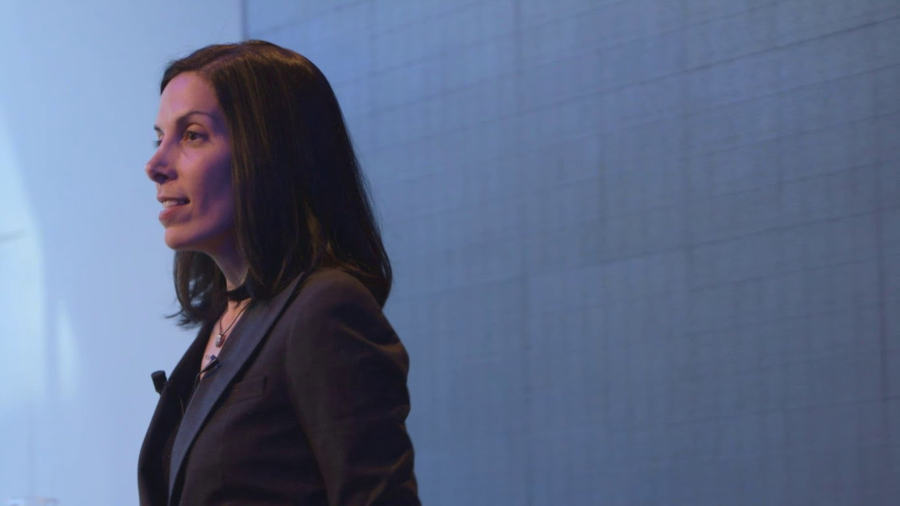We as a society have to decide whether or not the ability to access and change our brains is something that we want, that we’re going to embrace, or something that we’re going to put limits on.
Archive
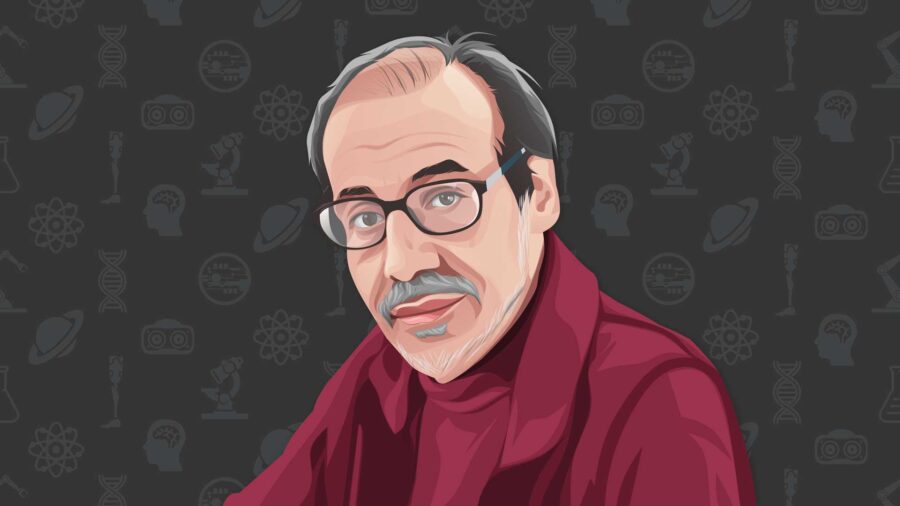
Humanity 2.0 starts to challenge a lot of the assumptions of Humanity 1.0, especially in terms of issues having to do with limitations. So in other words, you might say there are two ways to go on Humanity 2.0. And in my writing, I associate these with the transhuman and the posthuman, respectively.
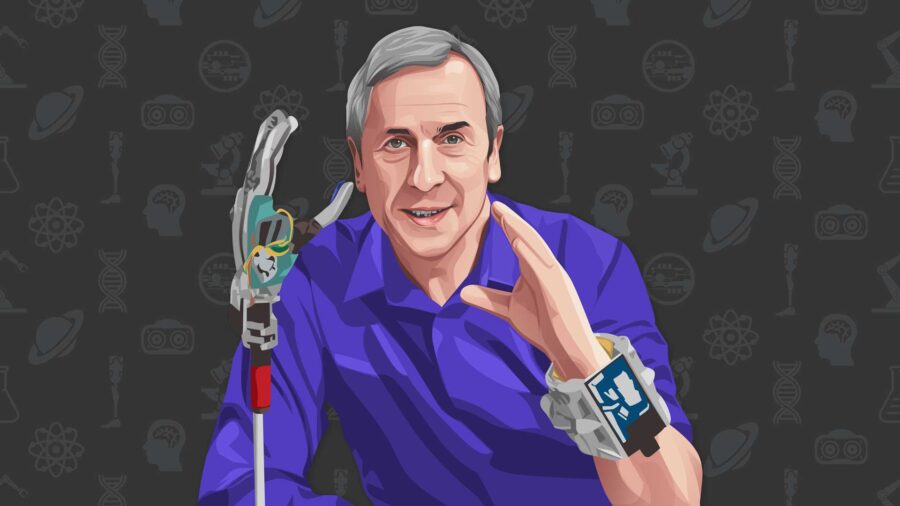
Humans, we’re pretty limited in what we can do, let’s face it, mentally particularly. We just have a bunch of brain cells. And the possibility of enhancing our brain, our mental capabilities, I think is enormous.
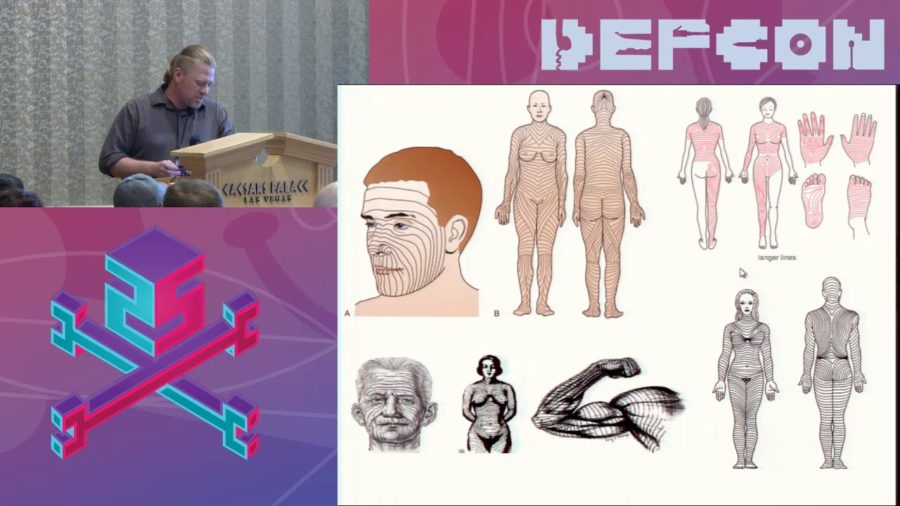
So grinders are a community committed to radically altering the body. And so sometimes it’s treatments like transcranial magnetic, or direct current stimulation. It could be through the use of previously untested chemicals like VIP. Often it takes the form of implanted devices. All these approaches come with risks. What I’m going to focus on today is why despite all the risks being taken, a grinder hasn’t died yet.
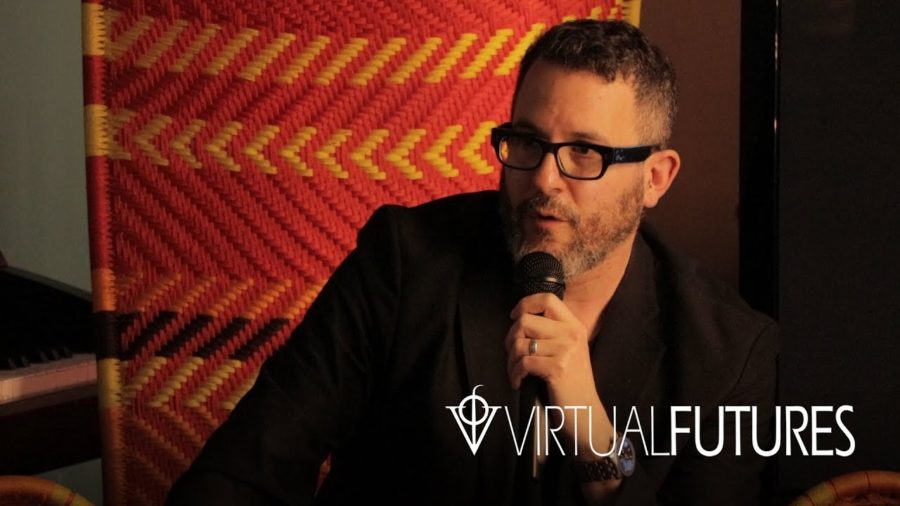
I am profoundly envious of people who get to write about settled domains or sort of settled states of affairs in human events. For me, I was dealing with a set of technologies which are either recently emerged or still in the process of emerging. And so it was a continual Red Queen’s race to keep up with these things as they announce themselves to us and try and wrap my head around them, understand what it was that they were proposing, understand what their effects were when deployed in the world.
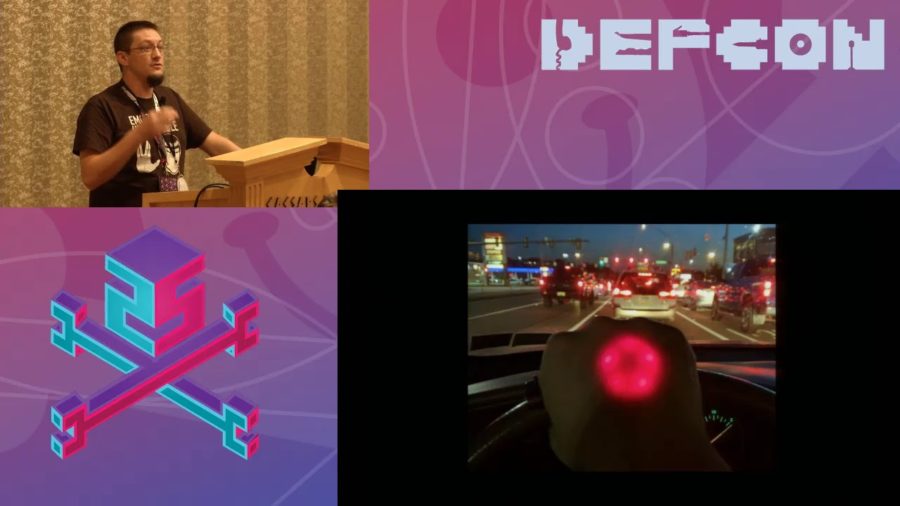
I think that we have a moral imperative to change the human being, given the fact that we are built so flawed and built for a time that we no longer live in. There’s a pretty pervasive belief that we kind of stopped evolving from the neck up. And that we don’t have behaviors that are actually stuck inside the human being, and ways in which we’re in this sort of evolutionary lockstep with what we used to be, and not what we are and what we’ve become.
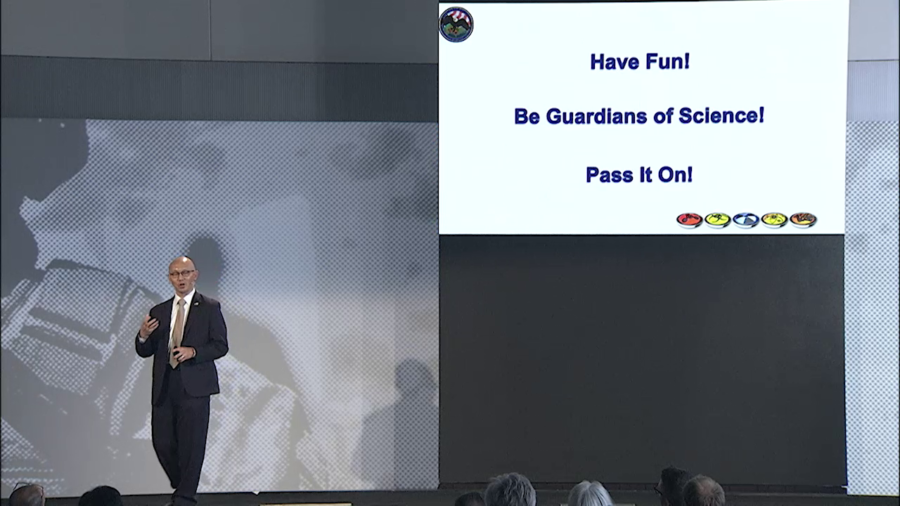
What I’m trying articulate here is that there is a really fine balance between how do you spur and invigorate innovation, and then also address security at the same time. Because one cannot drown out the other. Because you’re going to have all kinds of issues.
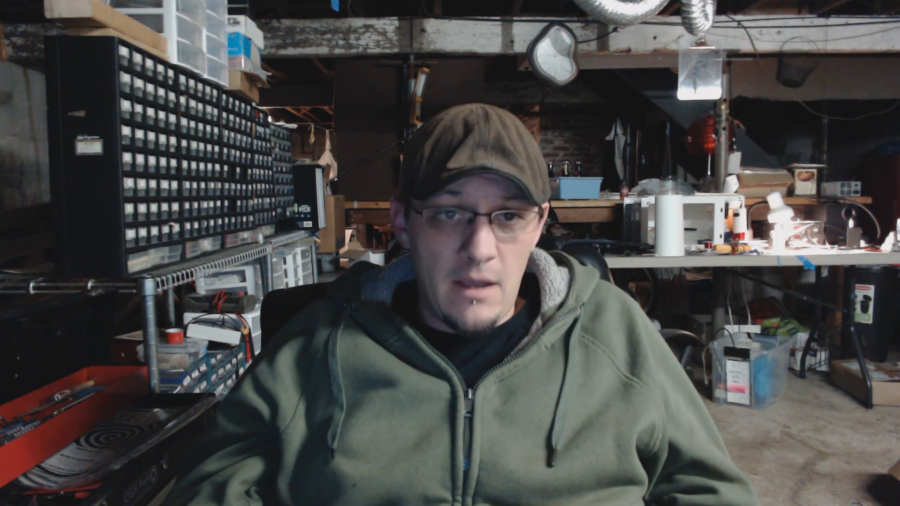
I think when you start using this technology for enhancement, that’s when you start to get into the domain of biohacking and kind of human augmentation. Well, I believe that this is a very fertile ground for people to explore, and I think that this involves willing participants who are trying to find out more about the world around them and trying to enhance the human experience. And I think we need to allow that innovation to take place.
We are a communal animal that’s developed to believe that it’s the center of the universe. And we behave as such. You know, we want to conquer, because our brain is wired to want to eat and fuck another day, you know what I mean. That’s what we’re wired to do. That’s where our evil comes from. It’s our animal roots that cause us to need things, and desire things.

